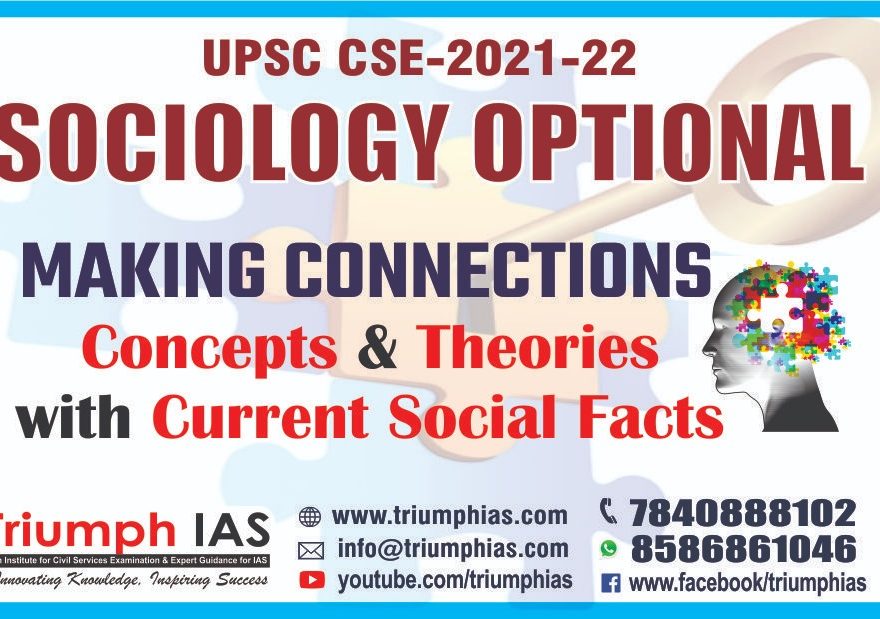Relevance Sociology: Challenges of Social Transformation: Crisis of development: displacement, environmental problems and sustainability. Poverty, deprivation and inequalities.
“One third of all food produced (1.3 billion tons) is never consumed. This food wastage represents a missed opportunity to improve global food security in a world where one in 8 is hungry,” (WFP 2015).
“Each year 1.3bn tonnes of food, about a third of all that is produced, is wasted, including about 45% of all fruit and vegetables, 35% of fish and seafood, 30% of cereals, 20% of dairy products and 20% of meat.
In developing countries there are high levels of what is known as “food loss”, which is unintentional wastage, often due to poor equipment, transportation and infrastructure.
In wealthy countries, there are low levels of unintentional losses but high levels of “food waste”, which involves food being thrown away by consumers because they have purchased too much, or by retailers who reject food because of exacting aesthetic standards” (The Guardian 2015).
- These two quotes show socialization. Since most of the food wastage occurs in developed countries, the people there are accustomed to have a high quality life. Plenty of parents there, spoil their children which later on leads to citizens wasting food.
- Since these wealthy people believe that they can buy anything, they do so. Plenty of times, that food rottens overtime and they throw it away. This crowd believes that they are too important to help those in need or they simply don’t care about the matter.
- The amount of citizens in developing countries that give food to those in need instead of wasting it, is minuscule. Overall, this data proves socialization since parents spoil their children and they grow up to buy plenty of food to waste most of it.
“[…]about one-third of all food produced worldwide, worth around US$1 trillion, gets lost or wasted in food production and consumption systems,” (World Food Day 2015).
People that have easy access to food, waste food because their parents teach them that they can buy whatever they want, and that they can throw away the food they don’t like or has gotten rotten. Some parents do teach us better things.
For example, eating everything we buy because we have the privilege of receiving food while some people lack of this access. Other parents teach us that if we don’t want anymore food or we are full, we should just give it to a poor we found on the street.
A large quantity of parents teach us that we can’t give money to the people that look poor because they use that money to buy drugs or some similar stuff. Since these parents often live in dangerous countries, they say that we cannot give them money. This is because they want to protect their child from doing drugs or even being involved with people that do drugs.

